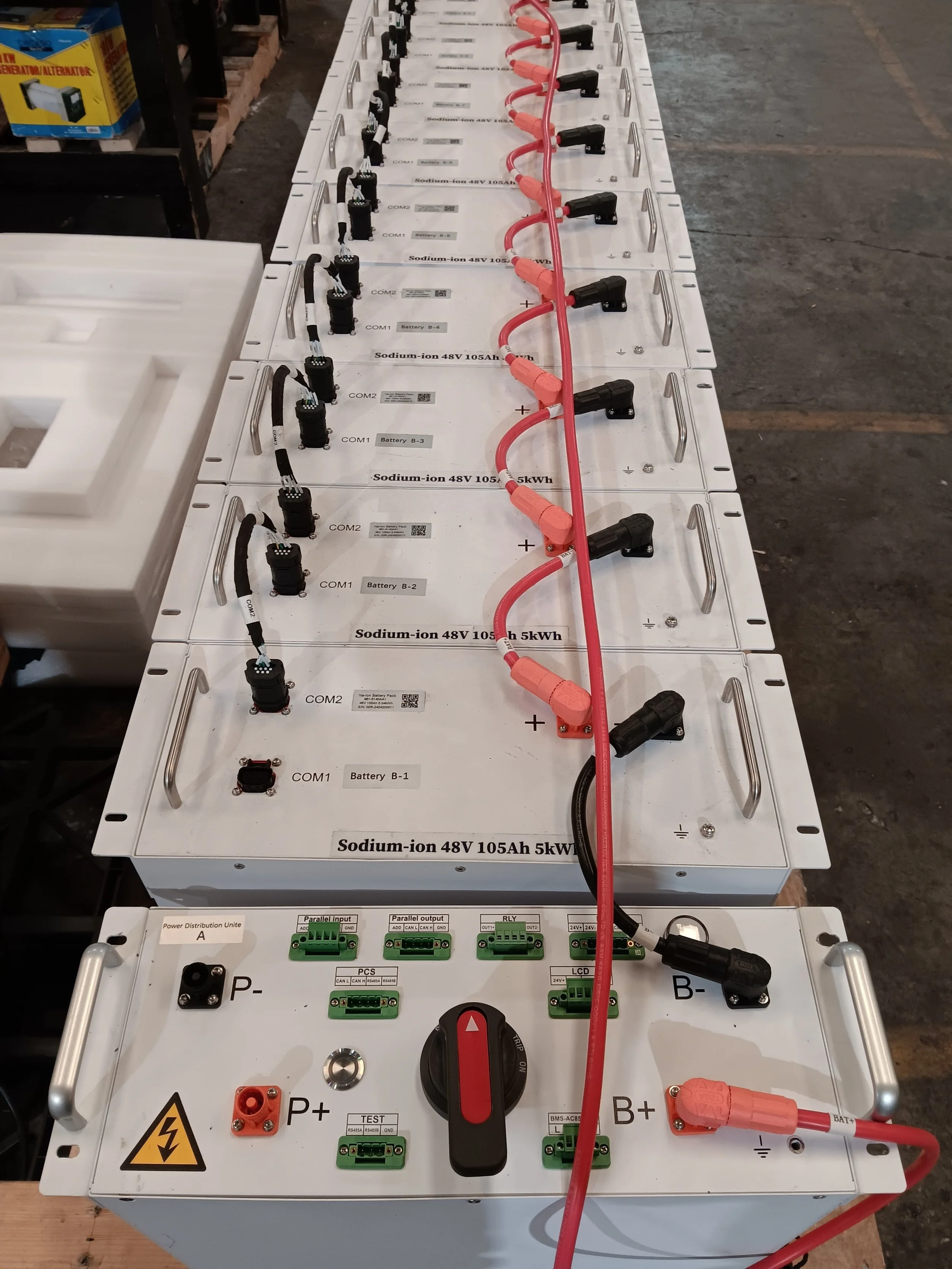Sodium Batteries are out Now!
Virien, Inc. is at the forefront of developing cutting-edge energy storage solutions, with a focus on sodium-ion technology designed to meet the growing demands for sustainable energy. These advanced systems are crucial in supporting the global shift towards net-zero emissions, decarbonization, and overall sustainability. Sodium-ion batteries represent a promising alternative to the more commonly used lithium-ion batteries. This emerging technology offers several key advantages, most notably the use of abundant raw materials, enhanced safety features, and the potential for significant cost reductions, making it an attractive option for a wide range of energy storage applications.
Sodium-ion batteries provide environmental benefits by eliminating thermal runaway risk, utilizing non-toxic and recyclable materials, and having a lower carbon footprint. They are cost-effective, offering better performance metrics and enhancing energy reliability for renewable energy projects and EV charging infrastructure. These batteries are also highly efficient, require minimal maintenance, and tolerate a wide range of temperatures.
Virien's sodium-ion cells operate through sodium-ion movement between Prussian blue-based electrodes, enhancing ion mobility. Key components include Prussian blue analogs for the cathode, hard carbon or Prussian blue-based materials for the anode, and sodium-based salts in organic solvents as the electrolyte. Prussian blue offers advantages like non-toxic and abundant materials, faster ion transport, and structural stability. The batteries feature rapid 20-minute charge/discharge, high efficiency (97-99%), zero degradation, unlimited cycles, and a wide operating temperature range.
Sodium-ion batteries are suitable for renewable energy storage, residential energy use, EV charging, commercial load management, and industrial backup power.
Sodium-ion batteries are nonflammable, eliminating thermal runaway, and operate safely in a broad temperature range without the risk of dendrite formation.
Current limitations include lower energy density and the need for production scaling, but future innovations may bring solid-state sodium batteries and hybrid technology to enhance performance.

